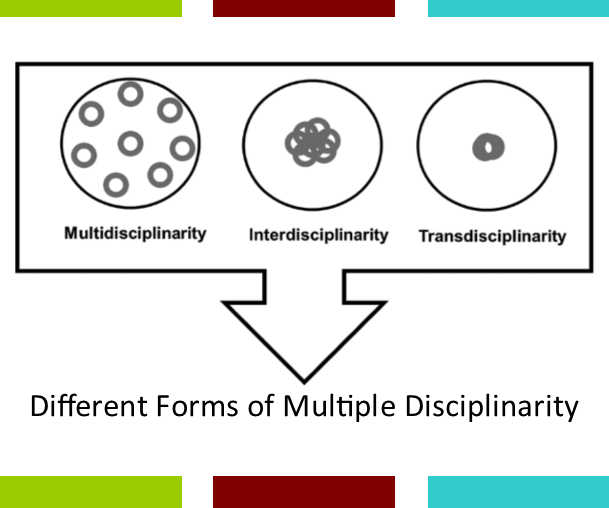Abstract
Various multiple-disciplinary terms and concepts (although most commonly “interdisciplinarity,” which is used herein) are used to frame education, scholarship, research, and interactions within and outside academia. In principle, the premise of interdisciplinarity may appear to have many strengths; yet, the extent to which interdisciplinarity is embraced by the current generation of academics, the benefits and risks for doing so, and the barriers and facilitators to achieving interdisciplinarity, represent inherent challenges. Much has been written on the topic of interdisciplinarity, but to our knowledge there have been few attempts to consider and present diverse perspectives from scholars, artists, and scientists in a cohesive manner. As a team of 57 members from the Canadian College of New Scholars, Artists, and Scientists of the Royal Society of Canada (the College) who self-identify as being engaged or interested in interdisciplinarity, we provide diverse intellectual, cultural, and social perspectives. The goal of this paper is to share our collective wisdom on this topic with the broader community and to stimulate discourse and debate on the merits and challenges associated with interdisciplinarity. Perhaps the clearest message emerging from this exercise is that working across established boundaries of scholarly communities is rewarding, necessary, and is more likely to result in impact. However, there are barriers that limit the ease with which this can occur (e.g., lack of institutional structures and funding to facilitate cross-disciplinary exploration). Occasionally, there can be significant risk associated with doing interdisciplinary work (e.g., lack of adequate measurement or recognition of work by disciplinary peers). Solving many of the world’s complex and pressing problems (e.g., climate change, sustainable agriculture, the burden of chronic disease, and aging populations) demands thinking and working across long-standing, but in some ways restrictive, academic boundaries. Academic institutions and key support structures, especially funding bodies, will play an important role in helping to realize what is readily apparent to all who contributed to this paper—that interdisciplinarity is essential for solving complex problems; it is the new norm. Failure to empower and encourage those doing this research will serve as a great impediment to training, knowledge, and addressing societal issues.
Continuez à l'article au complet


